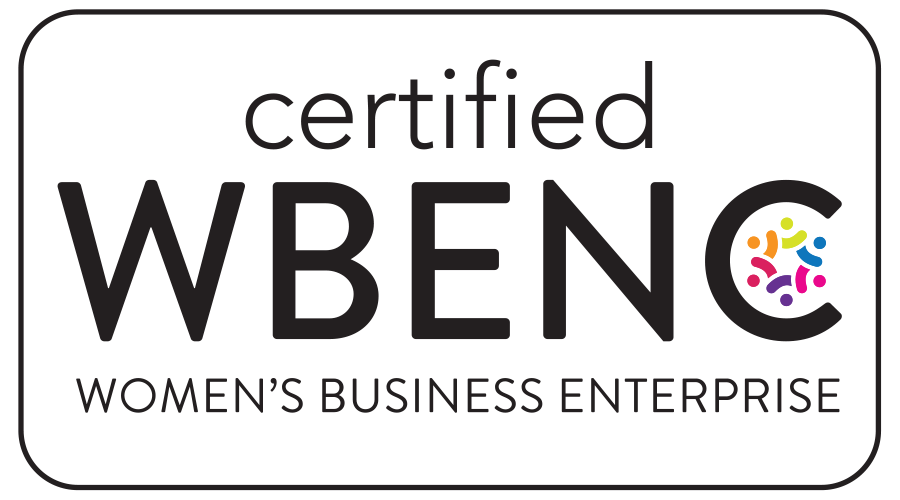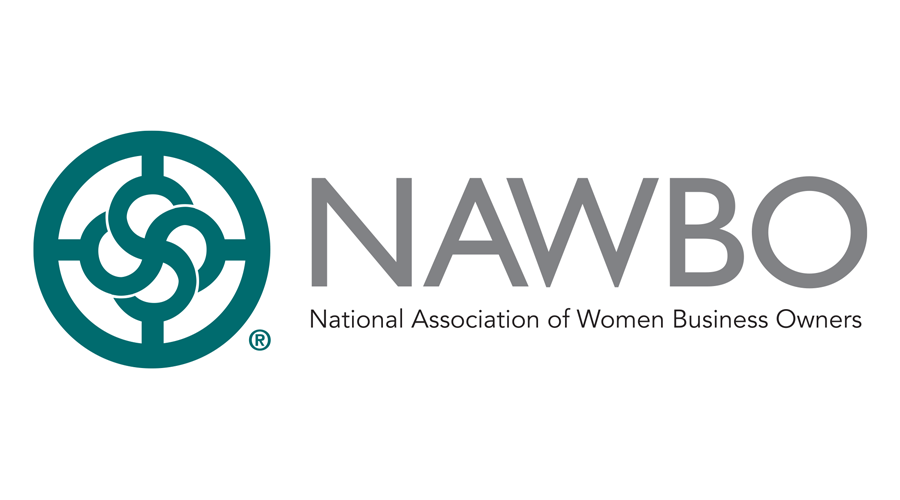The COVID 19 pandemic nearly wiped out the demand for commercial space because of work-from-home orders, shutdowns, quarantines, supply chain disruptions, unemployment spikes, and a huge drop in consumer confidence. Thankfully, it looks like we are turning a corner, but commercial real estate is going to have a longer recovery than most other sectors because of the huge hit it took.
Property Assessments
One consequence of this post-COVID market might be an over-correction in tax assessments. Funding local government is expensive and if less property tax revenue is received from office buildings and retail space, then municipalities will try to make up the difference from industrial buildings and the other market winners. Thus, wherein the problem lies: if tax assessments are raised too high on the strong properties. If occupancy costs rise too steeply on the stronger industry properties, the property values will be pushed down. Unfortunately, this could lead to a decline in tax revenue.
While we felt the impact of lost wages and retail receipts in 2020, it’s only now that property assessments are starting to take place. Many commercial properties are assessed based on the income a property generates, also known as the income approach to value. For many businesses, property tax is the largest state and local tax obligation and one of the largest regular operating expenses incurred. Unlike other taxes, property tax assessments are based on the estimated value of the property, and thus, are subject to varying opinions. Businesses that fail to take a proactive approach in managing their property tax obligations in the current economic environment may be missing an opportunity to reduce their tax liability.
Opportunity
If there was a significant loss of income during 2020 related to your real estate property, there may be an opportunity to appeal your taxes. Right now, business owners should consider if they are in an industry where their property value has significantly diminished due to a lack of revenue during COVID-19.
Industries that are particularly vulnerable:
• Manufacturing
• Hospitality
• Senior Care
Solutions
For clients in manufacturing, the solution can be as simple as knowing the exemptions or valuation allowances that a particular state offers to manufacturers. This is where Ashmore Consulting can help. Property tax abatements, exemptions, and reductions are subsidies that can lower or eliminate the taxes a company pays. These are opportunities that many manufacturers and their financial advisers frequently overlook according to The Tax Adviser in the article “Property tax relief planning during times of COVID:”
We like a suggested review process that the same article laid out:
1. Assess initial real and personal property tax opportunities.
2. Compare assessment with market data analysis.
3. Identify and calendar statutory deadlines.
4. Implement findings through appeals or amendments.
5. Validate secured savings through property tax statement review.
Whatever happens, commercial real estate will look a lot different than it did before COVID-19. While various industries, markets, and property types will come back at different speeds, you should work with your financial and legal advisors to identify the issues facing your business. Get ahead of the process and bring in professionals to assist. The potential savings will be worth it.

 Ashmore Consulting is proud to join Pledge 1%, a global movement creating new normal where companies of all sizes integrate giving back into their culture and values. Pledge 1% empowers companies to donate 1% of product, 1% of equity, 1% of profit or 1% of employee time to causes of their choice. Over 1,500 companies in 40 countries have taken the Pledge and committed to give to communities around the world. Ashmore Consulting is excited to join Pledge 1%’s network of founders, entrepreneurs and companies around the globe that have committed to giving back.
Ashmore Consulting is proud to join Pledge 1%, a global movement creating new normal where companies of all sizes integrate giving back into their culture and values. Pledge 1% empowers companies to donate 1% of product, 1% of equity, 1% of profit or 1% of employee time to causes of their choice. Over 1,500 companies in 40 countries have taken the Pledge and committed to give to communities around the world. Ashmore Consulting is excited to join Pledge 1%’s network of founders, entrepreneurs and companies around the globe that have committed to giving back.


